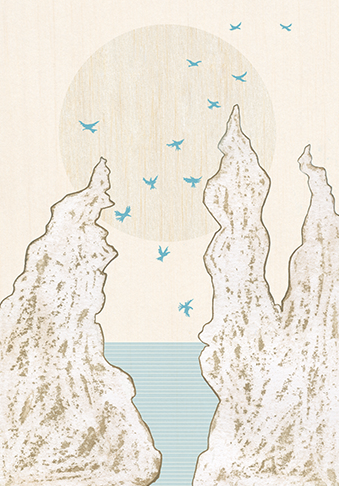From ignis mundi to the world’s first oil-tanker
The legacy of the Nobels’ oil empire in Baku
Keywords:
history of oil-industry, Nobel brothers, Russian Empire, Azerbaijan, human-nature relationsAbstract
This article analyses mechanisms of heritagisation that transformed oil from a natural to a cultural resource through the case study of the Branobel corporation, which operated in Azerbaijan from the late nineteenth century, and by reflecting on the role of the Branobel corporate narrative in heritagisation of oil and in justification of the world order based on fossil fuels. The narratives developed by the Branobel corporation introduced their business legacy as a part of global heritage. In the article I refer to the ‘The Thirty Years of Activity of the Oil Production Association of the Brothers Nobel. 1879–1909’ published in 1909, that not only reports on Branobel’s industrial achievements, but promotes the history of oil, propagating its civilisational importance, while describing the company as an evolutionary part of this history. In their branding strategy, Branobel referred to the ancient religious cults and mythologies of Azerbaijan, for example in the case of the world’s first oil-tanker ‘Zoroaster’, designed by Ludvig Nobel. The images of Ateshgah, ‘The Fire Temple of Baku’, were used on the company’s emblems to connect symbolically the industrial oil mining with the ‘eternal fires’ worshipped at the Absheron Peninsula as ‘the lights of life’.

Published
How to Cite
Copyright (c) 2023 Irina Seits

This work is licensed under a Creative Commons Attribution 4.0 International License.









